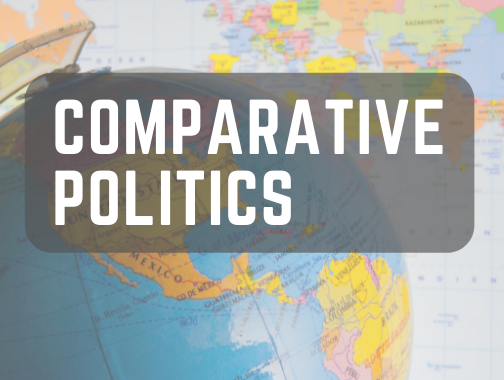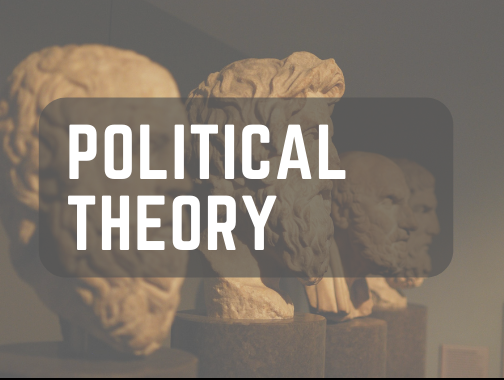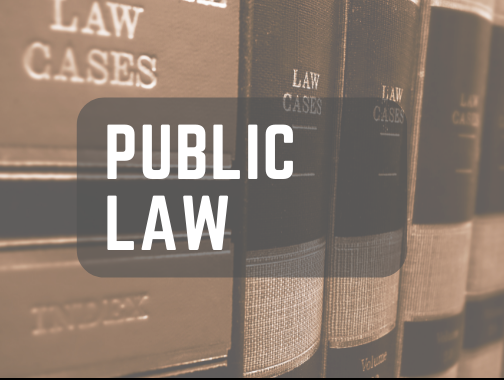Political Science is the study of the enduring issues, from ancient to modern times, of power and authority, citizenship and governance, justice and legitimacy, and conflict and cooperation. Over the past few decades, the exercise of power, patterns of governing, sources of political conflict, outcomes of distributive justice, and inter-state collaboration and international order have all been affected by several developments that include the termination of the Cold War, globalization, the ascendancy of neo-liberalism, the rise of China, international migration, ethnically and religiously motivated political conflicts, and environmental degradation.
Alongside more perennial themes, Political Science at UTSC addresses these developments and their implications through six subfields of the discipline: Political Theory, Canadian Politics, International Relations, Comparative Politics, Public Law and Public Policy.
2023-2024 Calendar description
Program Options
Specialist Program in Political Science:
The primary goals and learning outcomes of the Specialist Program in Political Science are to ensure a broad and deep knowledge of the study of enduring issues of power and authority, citizenship and governance, justice and legitimacy, and patterns of conflict and co-operation that arise around these issues from historic to modern times. The program also aims to foster the development of robust research, analysis, critical thinking, and writing skills. Students in the Specialist program complete a total of 12.0 credits as part of a 20.0 credits Honours Bachelor of Arts (HBA) degree. First-year courses introduce students to concepts and issues in political science. Students must complete POLA01H3 and POLA02H3, which are the foundation of the Specialist Program. The content includes core disciplinary concepts and specialized material related to each professor’s research. The introductory courses share several goals. They introduce students to basic normative and empirical issues and to key concepts that constitute the core of the discipline. Students develop analytical skills that prepare them to read scholarly literature rigorously and critically, and they emphasize the importance of writing coherently and persuasively. The remaining course requirements of the Specialist Program are aligned with the Major Program in Political Science, but have the following important differences: (1) required coverage of four of the five Areas of Focus (Canadian Government and Politics, Comparative Politics, International Relations, Political Theory) at the B-level (components 2, 3, and 4 of the program requirements) ; (2) the Applications requirement increases from 2.5 FCEs to 5.0 FCEs; and (3) the D-level requirement increases from 0.5 FCE to 1.0 FCE ensuring greater depth of knowledge and further development of students’ skills, relative to the program learning outcomes.
Major Program in Political Science:
The primary goals and learning outcomes of the Major Program in Political Science are to provide an in-depth training in current issues and debates within the field, to ensure that all graduates obtain a high level of skill in critical reading, writing, and research, and to prepare students for informed participation in the political community. Students in the Major must complete a total of 8.0 credits as part of a 20.0 credits HBA or Honours Bachelor of Science (HBSc) degree. Similar to the Specialist program, the foundation for the Major Program is the completion of POLA01H3 and POLA02H3 (component 1 of the program requirements). These two first-year courses introduce students to concepts and issues in Political Science. In their 2nd year of studies, students take more specialized preparatory courses for further studies in the four sub-fields of the discipline. Similar to the Specialist program, students are required to take core courses in Political Theory (POLB72H3) and in Canadian Politics (POLB56H3 and POLB57H3), however they can elect to choose between International Relations (POLB80H3 and POLB81H3) or Comparative Politics (POLB90H3, POLB91H3 or POLB92H3) for their remaining core B-level credit of the program (component 4 of the program requirements). The Major Program ensures a strong grounding in at least three of the five Areas of Focus plus training in both quantitative and qualitative research methods (STAB23H3 and POLC78H3), combined with a range of opportunities to apply ideas and research methods in applications courses that are offered at the C-level and D-level. Students are required to complete 3.0 credits of applications and advanced applications during their 3rd and 4th years of study.
Minor Program in Political Science:
The primary goals and learning outcomes of the Minor Program in Political Science are to introduce students to key concepts and applications in one or two of the Areas of Focus. Students in the Minor must complete a total of 4.0 credits as part of a 20.0 credits HBA or HBSc degree. Students in the Minor begin with courses at the A-level. Depth of knowledge and further development of students’ skills relative to the program learning outcomes are achieved through the completion of 2.0 credits at the C- or D-level. Students are not required to complete any quantitative or qualitative methods courses.
Competencies & Skills Learned in Political Science Programs
- Use evidence to advance an argument in a variety of formats, including research papers, policy briefs, case studies, or book reviews
- Think globally and comparatively about pressing contemporary issues
- Identify and analyze diverse perspectives that can shape governance
- Analyze quantitative and qualitative data
- Design and execute empirical research projects





